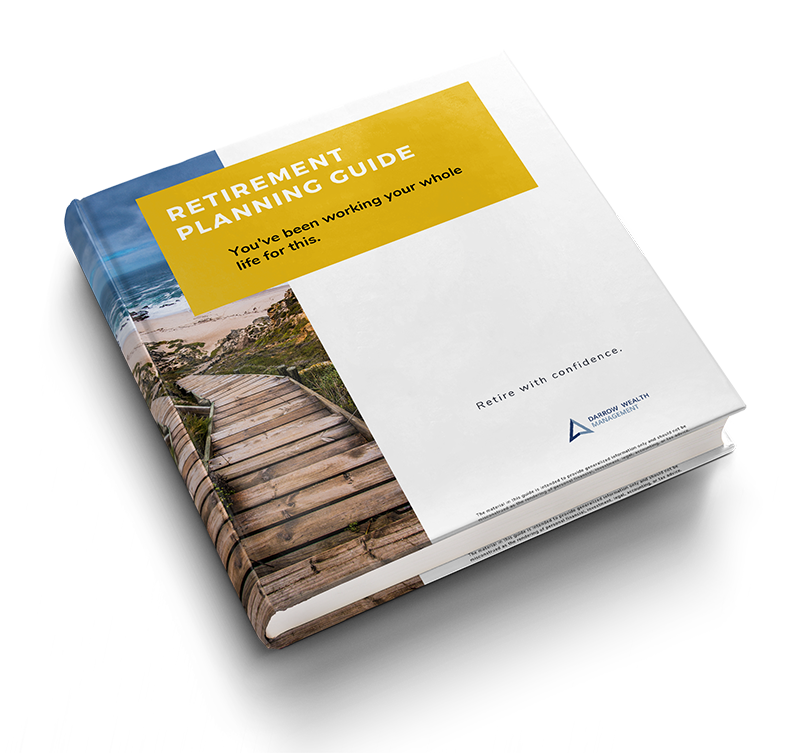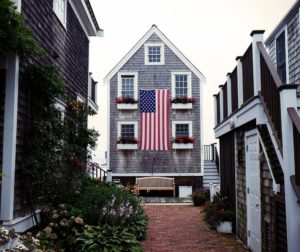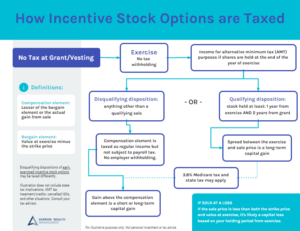There are plenty of ways to buy a home, but for many pre-retirees, it may be a good idea to wait until you’re much closer to retirement to begin seriously searching for a retirement home. By waiting, you’ll have the best and most current information possible about what your current needs and wants are. When buying a home for your retirement years, there are several important considerations to keep in mind.
Key features in a retirement home
While not an exhaustive list, here are some points to consider when buying a home for retirement:
- Layout: fewer stairs and having the master bedroom on the main floor
- Low maintenance: perhaps a HOA is responsible for maintenance and upkeep. This will make it easier to physically remain in the home as you age and make it easier to travel, too
- Proximity to quality medical care: especially for those with serious conditions, having access to the best care at a specialized facility is essential
- Social situation: loneliness and boredom have been linked to Alzheimer’s disease. Social interaction is built-in when working, but you’ll need to seek this out in retirement. Living in a remote area may not be ideal
- Weather that supports year-round activities: unless you like to ski or are partial to indoor activities, you may want to retire in a climate that is conducive to engaging in your favorite activities all year. Colder climates can also be harsher on joints as we age
- State taxes: how far your retirement savings can go will depend (in part) on the tax laws in your primary state of residence. If you’re looking to leave a legacy to heirs, you may also want to consider the state’s estate tax laws and whether there’s also an inheritance tax
If you want to retire in another state
If you’re thinking of moving to another city or state, consider spending a considerable amount of time in your potential new home. Ideally, rent a home in the neighborhood you’re considering moving to for a week or more to experience what life would be like as a local. It’s one thing to visit as a tourist—but living somewhere can be an entirely different experience. Get a feel for the area – grocery stores, activities, the people, etc.
If you live in the Northeast and plan to Ôsnowbird’ during the cold winter months, you may want to consider not buying a second home at all. Through rental websites like Airbnb or VRBO, it’s easy to explore a new city or country each year during the winter. This model offers flexibility, potential cost-savings, and helps keep individuals engaged with new activities.
If you plan to stay local
A staycation can also benefit individuals looking to remain in their pre-retirement town or moving to a nearby city. Even if you’ve only lived 20 minutes outside of the city, moving downtown could be a shock.
Just moving down the street requires some preparation also. How do you plan to fill your days? Is there enough here to keep you engaged and active? Sometimes, we’re just ready for a change, a fresh start. Either way, you’ll want to try and experience what retired life would look like.
Converting a vacation home into a retirement home
Due to several factors, using a vacation property purchased during your working years may not be a good fit for a retirement home.
Do you have the same style today that you did five, ten, or fifteen years ago? Maybe not. If you’ve owned a home for a long time before retirement, you may need sizable renovations to keep the home current or list it.
Imagine you bought a vacation-retirement home in a sleepy beach community, the perfect escape from the stresses of the daily grind. But in retirement, this might feel isolated or without enough activities to fill your days.
If your current home will take time to sell
Homeowners who are eagerly looking to move on from a house that will take a while to sell may want to consider putting their home on the market early enough to capture more than one selling season. To avoid carrying multiple homes, you could consider renting if your house sells before your retirement date.
If you buy your retirement home before selling your current house, it could cause financial strain and even delay your retirement. Unless the property is rented enough to yield an after-tax profit, the move will ultimately reduce your cash flow available for saving and investment. Further, changes to the local real estate market could make it more difficult to sell your old home when you’re ready to.
Read our Forbes article: Is it a good idea to buy a retirement home before you retire?
Buying a house at any stage is a major purchase, so it’s important to discuss your plans with your financial advisor and a real estate professional to ensure its well-integrated with your overall retirement plan. And keep in mind – moving to a new state will require some other major changes, too. Your estate plan will need to be redone or modified and you will also need to establish residency for tax purposes.











